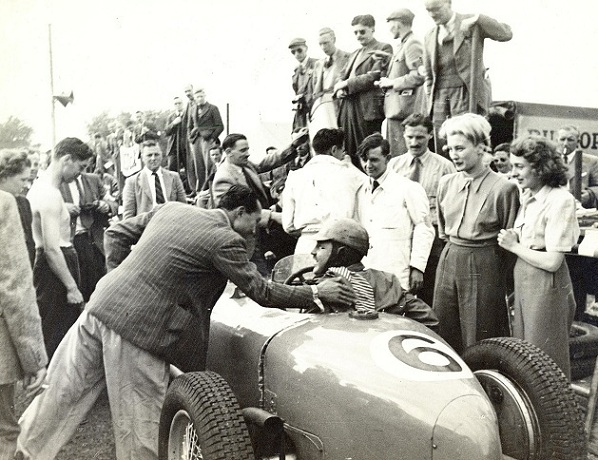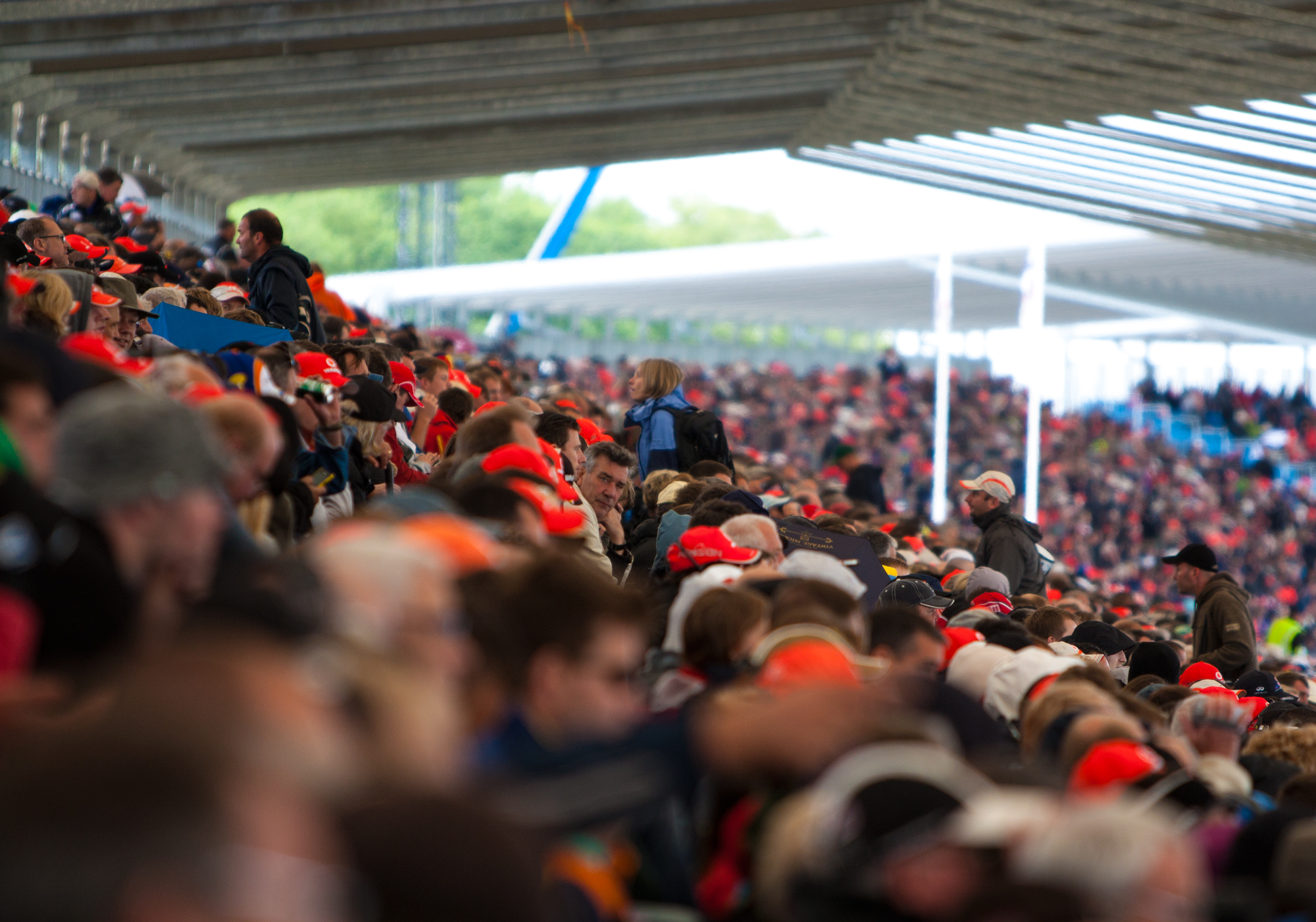Williams chief executive Adam Parr believes that it would be possible to increase the number of races in each season to twenty-four – but only if race dramatically change their schedules.
This season’s calendar features nineteen races – the highest number of events since 2005. Subsequently, this figure is expected to rise in the next few years, with India being added to the calendar in 2011 and the United States a year later.
Although a number of European fixtures remain uncertain, traditional events such as Silverstone have now secured long-term deals – prompting Bernie Ecclestone to admit that the calendar will likely continue to expand past twenty races a year.
This has greatly concerned teams who fear that an expanded calendar will prove to be a logistical nightmare and mean that extra team members will have to be found to rotate with existing staff.
However, with falling attendances and sponsorship drying up, the F1-supremo is keen to continue to expand the calendar in a bid to increase the amount of capital generated by the sport’s commercial rights holder, the Formula One Group, and to help service the debts of private equity firm CVC Capital Partners- which reportedly paid around $1.7bn to acquire control of the organisation in 2006.
As a result, Parr believes that the sport could handle more than twenty races on the calendar – but only if meetings were shortened from three days to two.
“We’ve talked about it in the context of floating the idea of changing the weekend format, if that were possible,†Itv-F1 reports him as saying.
“Just to go to 24 races with the long weekend like we have now would be very difficult logistically.
“Maybe in the context of a different structure for the weekend I think it might be interesting.â€
Despite supporting an extention to the season, Mercedes team principal Ross Brawn admitted that any change would initially increase costs.
“I think there’s a step change, where you get to a certain number and you have to start taking on duplicate crews like they do in NASCAR,” he said. “That first step change is quite expensive, so it can be done but we need to make sure it’s managed properly.â€
“To be clear, we’re all delighted that they’re increasing the number of races.”
Although teams currently receive half of the sport’s commercial revenues, Brawn admitted that teams must remain cautious when negotiating with the sport’s commercial rights holders.
“There’s an agreement with Bernie that the more races we do the more money the teams get, so we’ve got to make sure that the money we get is more than the money we spend, which is not easy with Bernie,†he said.
“We just need to manage the situation properly because especially the races which are coming up, they’re great for Formula 1, so we will support them 100 percent.
“There are consumables involved: we use more engines, we use more brakes, we use things like that.
“We’ve got flights, we’ve got hotels, but a lot of the core costs are spent before you even go to the first race.”






